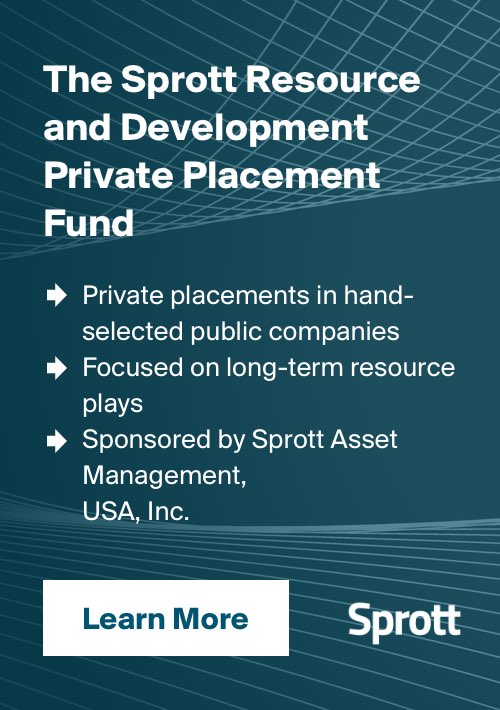
Private placements are among the most powerful tools savvy investors use to generate dramatic returns in the market. Many of the world's most successful investors, from Eric Sprott to Rick Rule, have used private placements to generate their millions. However, these investments often fly under the radar for retail investors, leaving the lion's share of profits to those in the know.
Our entire platform is designed to keep investors of all kinds informed on the latest private placements, opening access to these unique investments to a wider base of users. But for those of you who are new to the private placement market, consider this your briefing.
What is a private placement?
A private placement is a transaction that takes place directly between an investor and an issuer. These financings provide investors with an equity or debt position in a non-registered security, outside of the open retail equity market.
Private placements are arranged by companies seeking additional capital, both public and private. These offerings act as a way to sidestep the retail equity market, often providing investors with large positions in a company at lower prices, alongside sweeteners called warrants that allow subscribers to maximize their return.
What are warrants, and why do they make private placements so attractive?
Since private placements are risky by nature, issuers will often incentivize investors' participation by including a purchase warrant or a half-warrant with each common share. Each full warrant gives the holder the right to purchase a share of the company at a specified price, any time prior to the warrant's expiration date.
This empowers investors to dramatically increase their returns on a well-performing private placement.
For a perfect example, look to the $25 million private placement Discovery Metals Corp. (TSX-V: DSV) closed in June. As part of the deal, the company issued 45.45 million special units at 55 cents each, a 13-cent discount to the company's 78-cent shares on the open market at the time. Each unit included a common share and a half-warrant, with full warrants exercisable at 77 cents for two years. So, even as the deal closed, the warrants could already be converted to shares for a profit—at least without considering the hold period. By the end of July, Discovery shares had reached $1.80 per share—meaning that if that price maintained until after the hold period on the warrants, the warrants could be exercised into 77-cent shares and sold for a tidy 133.8% return. That's a $133,800 return on an investment of $100,000!
What's the catch? Can anyone invest in a private placement?
There are a few conditions to private financings.
First, shares in a public company issued through private placements are typically subject to a temporary hold, restricted from sale, usually for a period of four months. While shares are locked down, you won't be able to sell them if you need cash, or in response to changes in the market.
Second, in Canada and the US, you must be an accredited investor to participate in a private placement. Private placements are by nature risky, and regulators hope to ensure you know those who invest in them can weather the potential financial hit if things go south.
It's worth noting that you are exempt from this condition if you are an immediate relative or close personal friend of a director, executive officer, founder, or control person in the issuer, but these definitions can be quite stringent.
If you're not, there are a number of situations you can fulfill to be defined as an accredited investor in Canada, outlined in section 1.1 of the National Instrument 45-106. But these three are the most common:
-
You, alone or with your spouse, own net assets of over $5 million.
-
You have an annual before-tax income of $200,000 for at least two consecutive years, or $300,000 if combining your income with your spouse's.
-
You're registered in Canada as a securities dealer or advisor.
Sadly, for many retail investors, these requirements bar them from participation in private offerings. But those investors who qualify as accredited investors, private placements should be high on your list of strategies to generate lasting, transformative wealth.
To learn more about private placements and how they can work for you, watch our interview with Rick Rule, one of the world's preeminent experts on financings.






